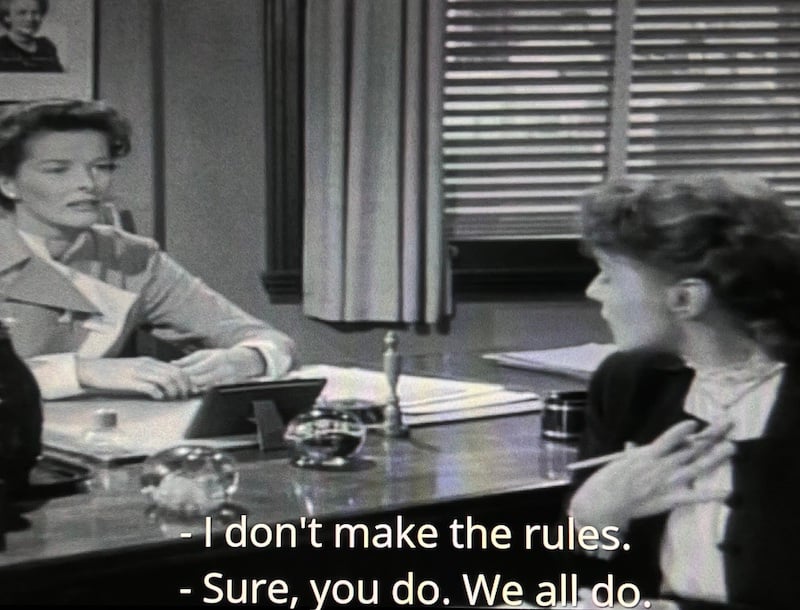Please don't flash the octopus.

At the Museum of Natural History, in the hall of mammals big and small, I saw a glimpse of our future.
It looked goofy, and embarrassed. Like a person caught picking their nose.
Underneath the blue whale, tucked away in a quiet corner, is an expertly crafted diorama of a giant squid attacking a sperm whale.
The scene is dark, as if taking place in the depths of the ocean.
All you can really see is the panic in the whale’s eyes.
As I was taking in its silent horror, a little kid asked his nanny for her phone and then turned on the flash to light up the display.
Suddenly the scene looked garish and cheap.
From corner to corner, the child exposed all of its parts with the light, until finally the booger was out, the idea extinguished.
Off the child went and the scene was once again pulsating in the darkness.
A second later, a tween walked up and immediately turned on her phone as flashlight.
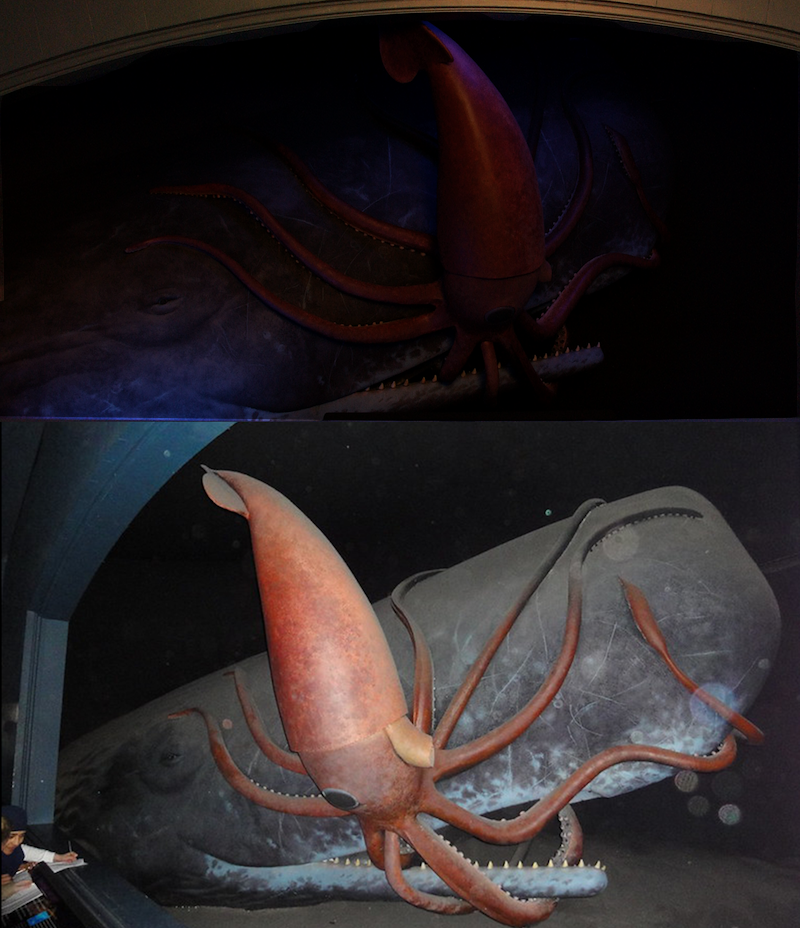
If someone wants to pour ketchup over their well-done $700 steak, that’s their loss. But when they burn mine to a crisp and bring it soaked in catsup, we have a social problem.
The “empowered consumer” is quite capable of ruining an experience for all of us.
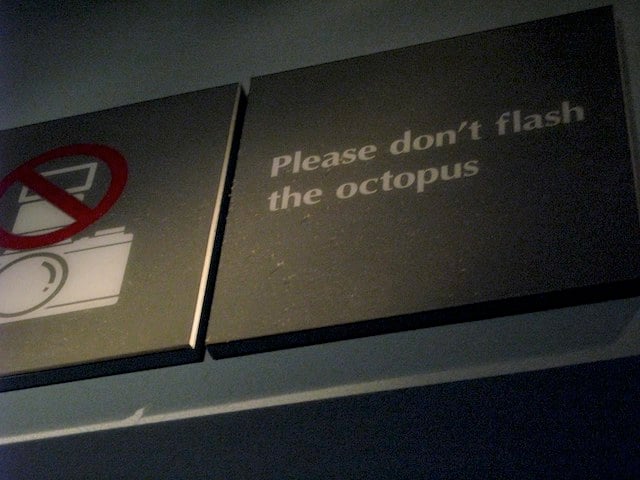
A few days later, a friend reminded me of the alleged Second Screen Mandate at Netflix, where shows have to be dumbed down so that people can enjoy them while LOOKING AT SOMETHING ELSE.

So much for disruption.
This was the standard telenovela formula; television for people who were busy doing other things.
Have your characters explain the plot, all the time, and don’t put too much on the screen. (Dumb it down.)
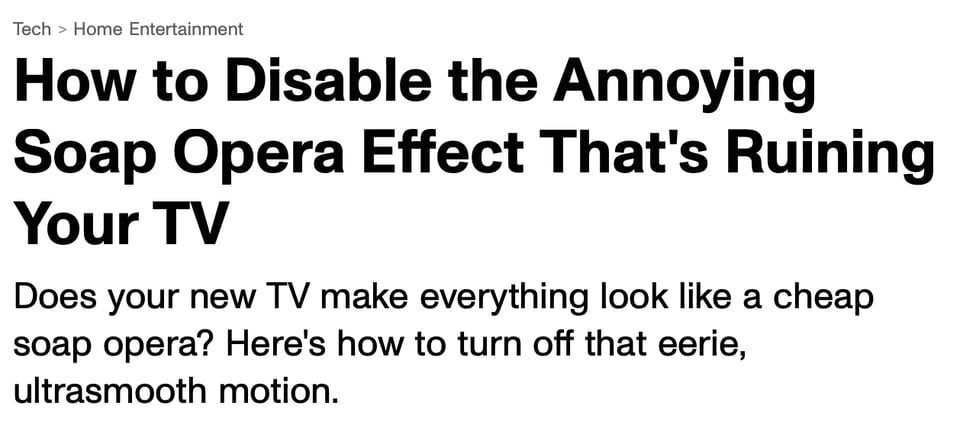
Back at our hotel the television had been set to “sports mode” and every movie we played, including masterpieces like Beverly Hills Cop (1984), looked like video game cutscenes. Cheap. Plastic. Fake.
They call this motion smoothing “the soap opera effect” because it reminds viewers of so-called disposable or cheap television.
The remote control in the room could not access the underlying settings. All we could do was choose which movies to degrade.
Like a TV picture that can’t be improved, when a dominant player makes purposely dumb art – garish, without nuance, cheap – it’s the opposite of progress.
That is, unless your idea of progress is: first make it good, then make it big, then make it cheap, because by then your market dominance allows you to deliver ROI for investors while worsening the product, and thus shortchanging the viewer.
By now, we all know that what's good for Wall Street is not always good for Main Street.
That applies to how we see the world and our place in it.
Distracted viewing, like distracted driving, is devolution. A positive turned into a negative.
If that’s our future, we’re going backwards.
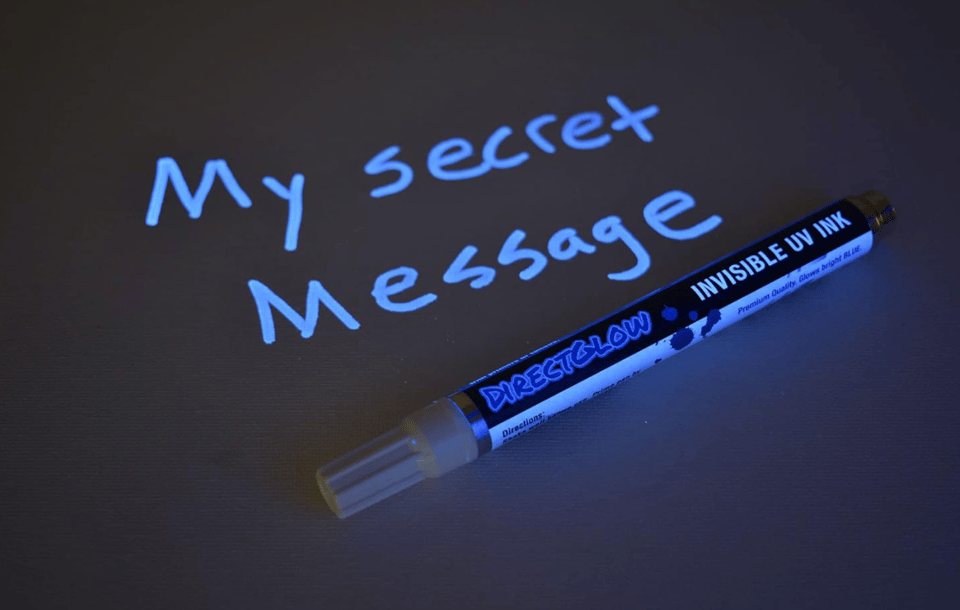
I don't know if the kids will one day stop using their phones as flashlights at the Museum of Natural History. I hope so.
But I'd just as soon add a secret message that can only be seen with a light. It would read:
"You're making it worse! Use your imagination."
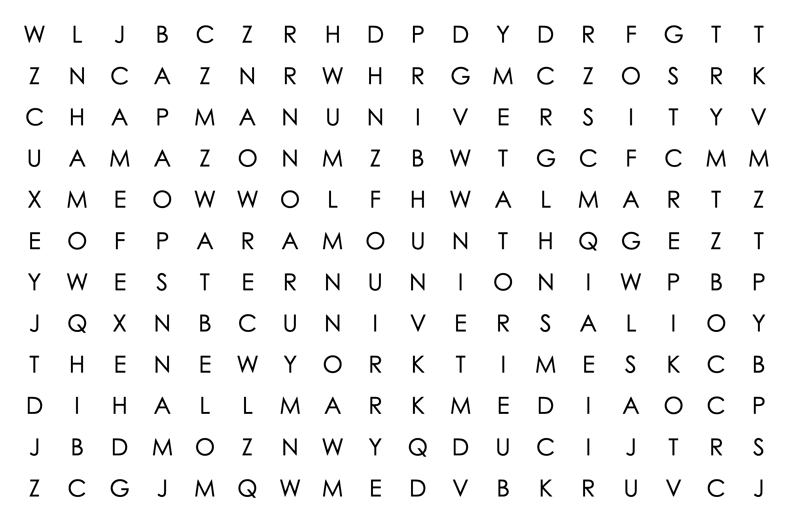
I am looking for full-time employment. Can you help?
They are happy with me where I am but in good conscience I cannot stay. We are willing to move, possibly even abroad.
Thank you for any advice!
Movies
Adam's Rib (1949) is excellent.
As I commented on Instagram after watching it, "It's a blessing that, by chance, movies were first made without sound so that an entire visual language of staging for the camera could be developed."
Of course, languages die out. That depends on us.
In any case, I strongly recommend it.
